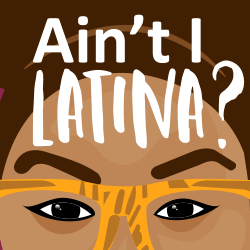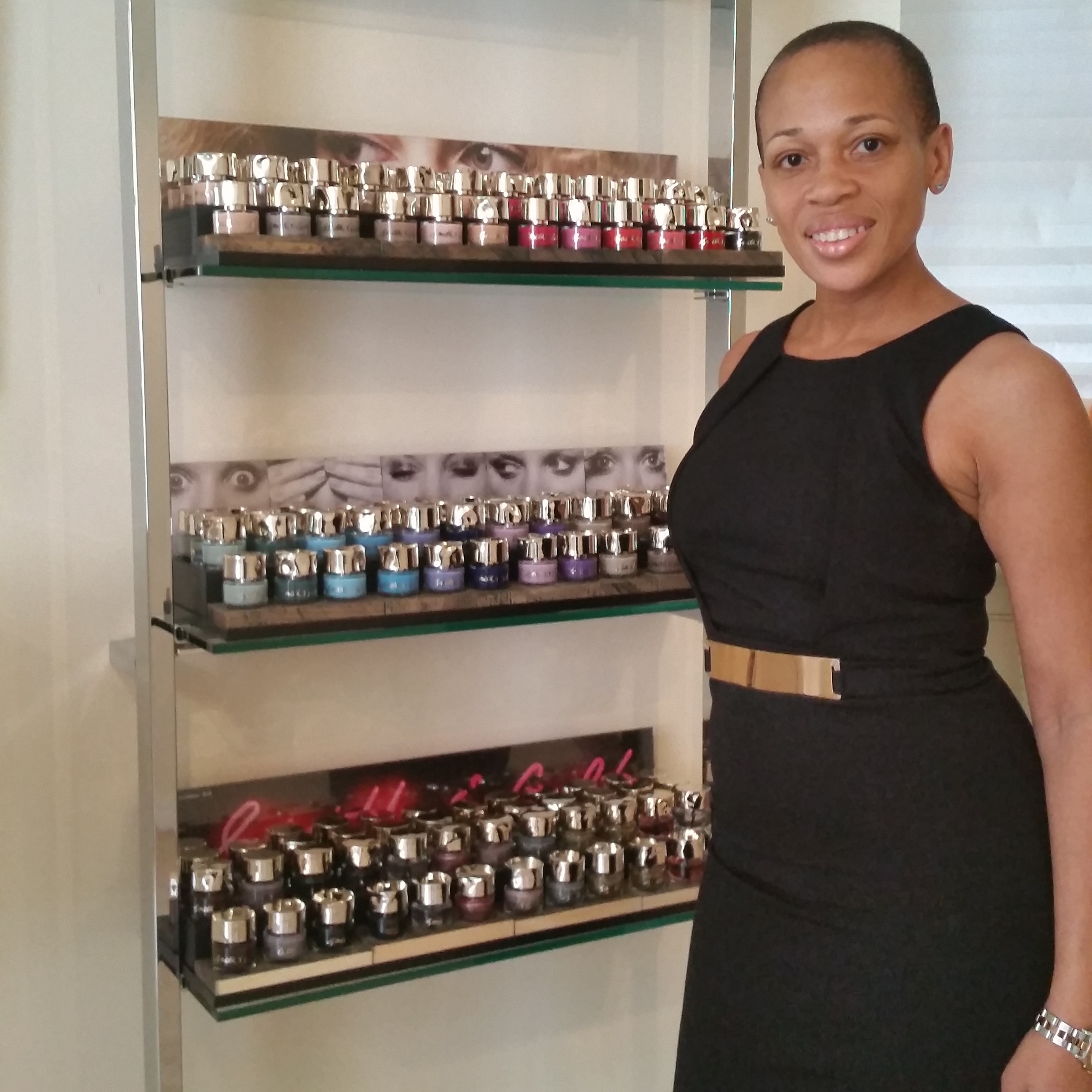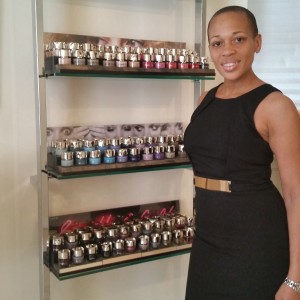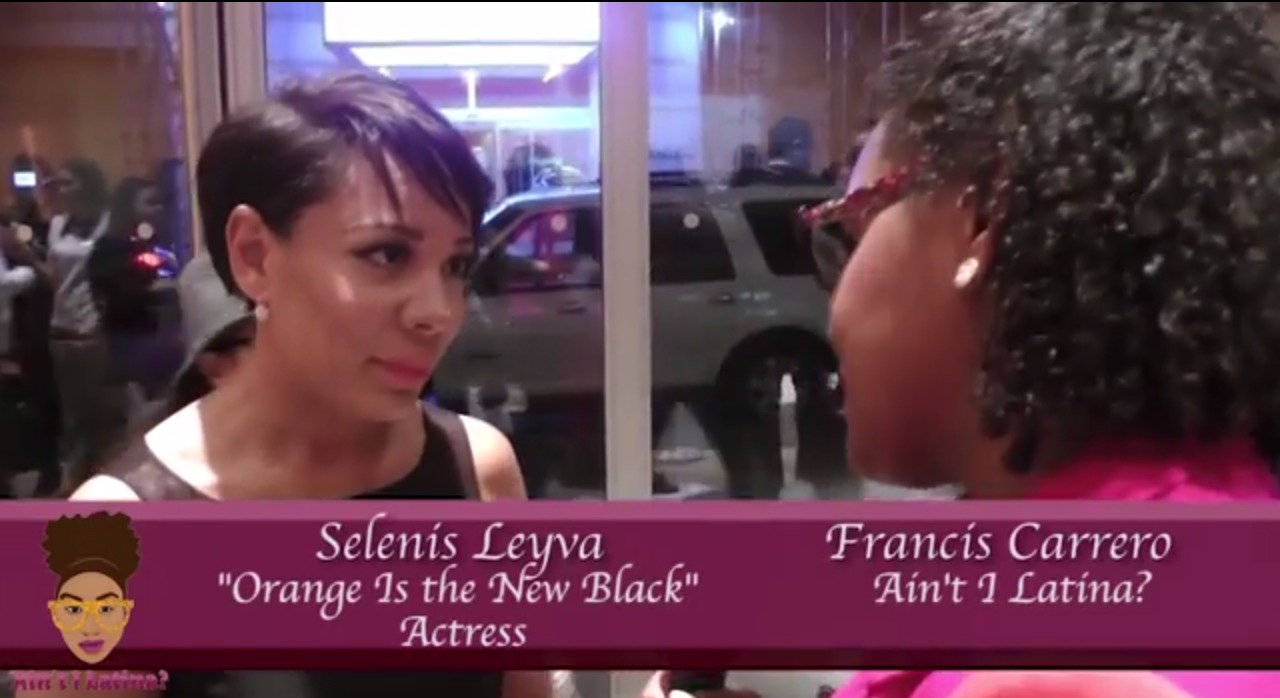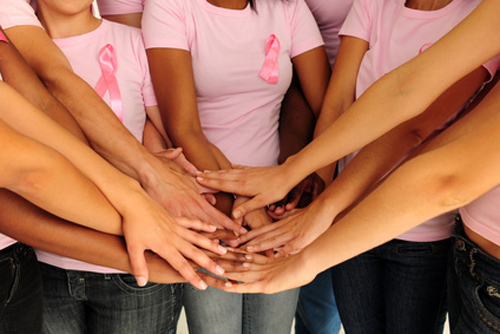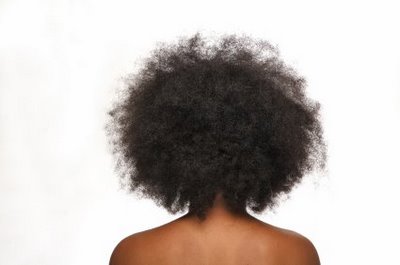Meet Panameña Seven Brown, our latest Everyday Chica. The vivacious mompreneur opened the doors to Harlem Skin and Laser Clinic, the first full-service skin and laser center serving men and women of different ethnicities above 96th Street, in April, marking just the latest stage in her multi-faceted career. Despite setbacks, which include domestic abuse and divorce, Brown has flown above her circumstances and worked toward her goals.
Her beauty resume includes being a resident skincare consultant for the Sam Fine Beauty Tour for Sephora, and serving as Beauty Director for Bleu Magazine and guest beauty expert and consultant at HelloBeautiful.com. She has received numerous awards such as ITEC Beauty Specialist, Association of Skin Care Professionals (ASCP), National Certification and Certified Health Counselor. As of this year, the licensed esthetician will become the Beauty Editor-at-Large for Uptown Magazine.
Brown, the mother of four and grandmother of one, spoke with AintILatina.com at her Harlem business. She spoke candidly about her experience as an Afro-Latina, starting a business and the influence her abuela has had on her love of beauty.
How do you identify?
I’ve always called myself a Black Hispanic for lack of classy language. But definitely I put both things together. They’re inseparable.
What made you call yourself a Black Hispanic? Did the term come from your family, or was it something that just resonated with you?
My parents. They’re both Panamanian and [I] was raised understanding clearly those two things [Black and Latino identity] go together. Their backgrounds are Bajan…with the Canal a lot of different people came from a lot of places, merged and then started families there [in Panama]. To that point, as I was growing up and there became this thing where you filled out this form. The form always said Black (non-Hispanic), Hispanic (Non-Black), so I officially became the other and please describe. That’s what I’d do. I’d put them together because, you know, I’ve always been the type of person who champions a cause and I felt like it was absolutely rude to separate them ‘cause you’re basically telling me I don’t exist. That’s where it came from. I was never confused about that.
Did you ever have a moment where people told you ‘you’re not this, or you’re not that?’
One thousand moments. (Laughs.) You’d be at school everything’s fine. You know, you’re Black, you’re Black, you’re Black. Then someone calls your house and your mother answers the phone. They’re like, ‘Who’s that?’ And you’re like, ‘my mother.’ ‘Why she sound like that?’ That’s when you have to explain. Or your parents’ names show up and it’s a whole other thing. Or, they hear you talking to your family and then they go, ‘I thought you were Black.’ Even friends that know me as Black and then see that and go, ‘Well, you’re not Black.’
It used to make me mad when I was younger, but I got to the point where it doesn’t make me mad anymore because I understand that people have their own identity crisis. It’s not really about me. That’s how they would identify themselves if they were in that situation. It doesn’t relate to me. I just explain it and let it go.
Pages: 1 2
